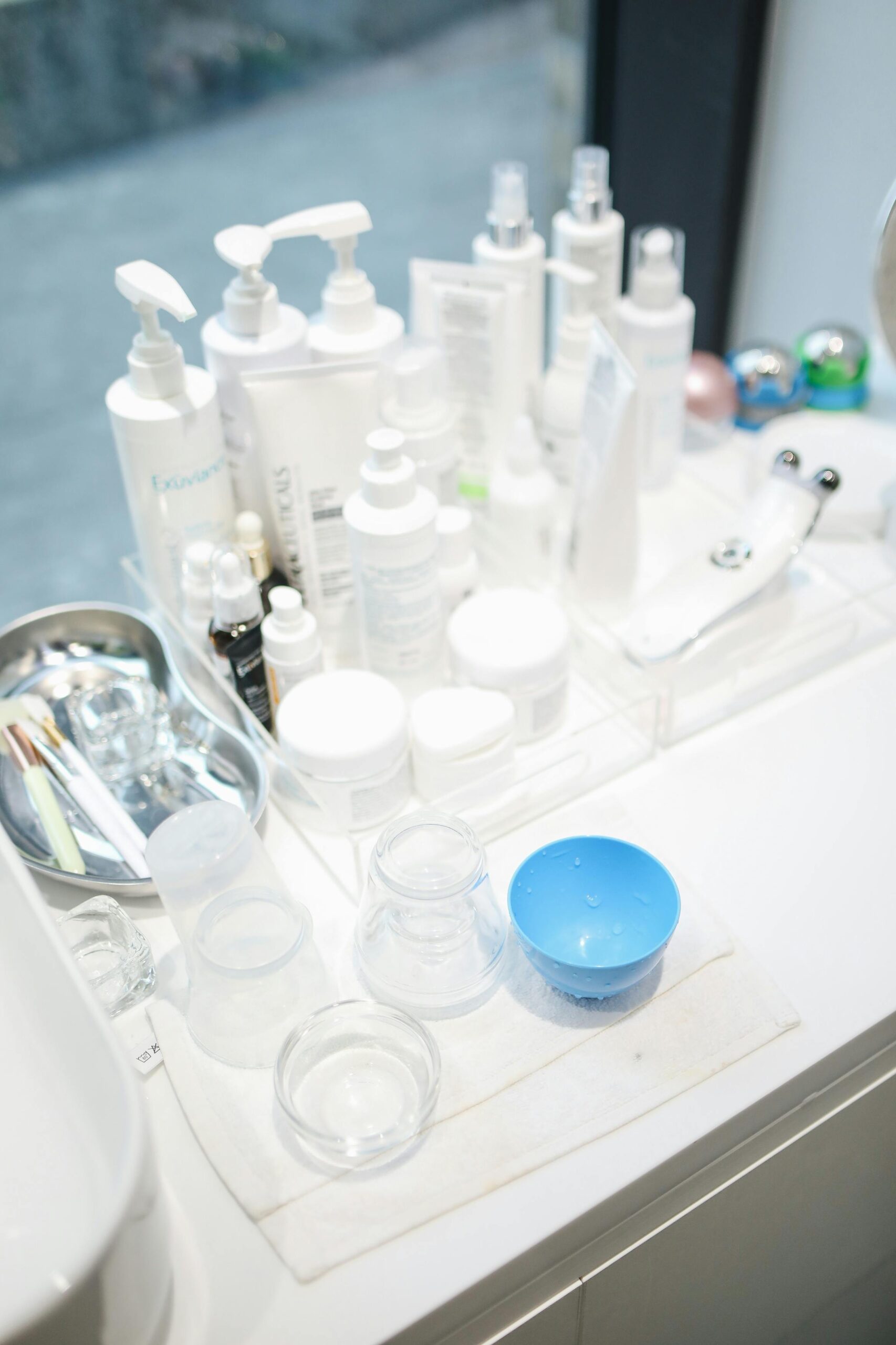Dry skin can be uncomfortable, itchy, and even painful if left untreated. Whether your dryness is caused by weather, genetics, or skincare habits, the right approach can restore your skin’s moisture and leave it feeling soft and supple. In this article, we’ll explore the best tips and product recommendations to treat dry skin effectively. From hydrating ingredients to lifestyle changes, we’ve got you covered. Let’s dive in!
1. Understand the Causes of Dry Skin
Before treating dry skin, it’s important to understand what’s causing it. Common causes include:
- Environmental Factors: Cold weather, low humidity, and excessive sun exposure.
- Skincare Habits: Using harsh cleansers, over-exfoliating, or skipping moisturizer.
- Medical Conditions: Eczema, psoriasis, or thyroid disorders.
- Aging: Skin produces less oil as we age, leading to dryness.
Identifying the root cause can help you tailor your skincare routine for better results.
2. Cleanse Gently
Harsh cleansers can strip your skin of its natural oils, exacerbating dryness. Opt for a gentle, hydrating cleanser that cleans without compromising your skin’s moisture barrier.
- Look For: Cream or oil-based cleansers with ingredients like ceramides, glycerin, or hyaluronic acid.
- Avoid: Sulfates, alcohol, and fragrances, which can irritate dry skin.
- Pro Tip: Wash your face with lukewarm water—hot water can further dry out your skin.
3. Exfoliate Wisely
Exfoliation removes dead skin cells, allowing moisturizers to penetrate better. However, over-exfoliating can damage your skin barrier.
- How Often: Exfoliate 1-2 times a week with a gentle chemical exfoliant (like lactic acid or PHA).
- Avoid: Harsh scrubs or overuse of exfoliants, which can cause irritation.
- Pro Tip: Follow exfoliation with a hydrating mask or serum to soothe your skin.
4. Hydrate with Serums
Serums are lightweight yet potent products that deliver active ingredients deep into your skin. For dry skin, look for serums with hydrating and soothing ingredients.
- Hyaluronic Acid: Attracts and retains moisture, plumping the skin.
- Niacinamide: Strengthens the skin barrier and reduces redness.
- Vitamin E: Nourishes and protects the skin from environmental damage.
- Pro Tip: Apply serums to damp skin for better absorption.
5. Moisturize Religiously
Moisturizers are essential for locking in hydration and repairing your skin’s barrier. Choose a rich, emollient formula that suits your skin type.
- Look For: Ingredients like ceramides, shea butter, squalane, or glycerin.
- Best Formulas: Creams or balms for very dry skin; lotions for mild dryness.
- Pro Tip: Apply moisturizer immediately after cleansing or showering to seal in moisture.
6. Don’t Forget Sunscreen
Even dry skin needs protection from UV rays, which can worsen dryness and cause premature aging.
- Look For: A hydrating sunscreen with SPF 30 or higher.
- Best Ingredients: Zinc oxide or titanium dioxide for sensitive skin; added antioxidants for extra protection.
- Pro Tip: Reapply sunscreen every 2 hours if you’re outdoors.
7. Use a Humidifier
Indoor heating and air conditioning can suck moisture out of the air, leaving your skin dry. A humidifier adds moisture back into the air, helping your skin stay hydrated.
- Best Time to Use: Overnight or during the day in dry environments.
- Pro Tip: Place a humidifier in your bedroom for better results while you sleep.
8. Hydrate from Within
Your skin’s hydration starts from the inside out. Drinking enough water and eating a balanced diet can make a big difference.
- Drink Water: Aim for at least 8 glasses a day.
- Eat Hydrating Foods: Include fruits and vegetables with high water content, like cucumbers, watermelon, and oranges.
- Healthy Fats: Incorporate omega-3-rich foods like salmon, walnuts, and flaxseeds to support your skin’s lipid barrier.
9. Avoid Irritants
Certain ingredients and habits can worsen dry skin. Avoid:
- Harsh Scrubs: Can damage your skin barrier.
- Alcohol-Based Products: Can strip your skin of moisture.
- Fragrances: Can cause irritation and dryness.
- Hot Showers: Can dehydrate your skin.
10. Treat Underlying Conditions
If your dry skin is caused by a medical condition like eczema or psoriasis, consult a dermatologist for targeted treatment. Prescription creams or ointments may be necessary to manage symptoms.
Product Recommendations for Dry Skin
Here are some highly recommended products for dry skin:
- Cleanser: CeraVe Hydrating Cleanser
- Exfoliant: The Ordinary Lactic Acid 10% + HA
- Serum: The Inkey List Hyaluronic Acid Serum
- Moisturizer: La Roche-Posay Lipikar Balm AP+
- Sunscreen: EltaMD UV Daily Broad-Spectrum SPF 40
- Face Oil: Biossance Squalane + Vitamin C Rose Oil
Sample Skincare Routine for Dry Skin
Morning:
- Cleanse with a hydrating cleanser.
- Apply a hyaluronic acid serum.
- Moisturize with a rich cream.
- Finish with sunscreen.
Night:
- Double cleanse to remove dirt and impurities.
- Exfoliate 1-2 times a week with a gentle chemical exfoliant.
- Apply a nourishing serum (like niacinamide or vitamin E).
- Moisturize with a thick balm or cream.
- Use a face oil as the last step to lock in moisture.
Conclusion
Dry skin can be challenging, but with the right routine and products, you can restore your skin’s hydration and achieve a healthy, glowing complexion. Remember to cleanse gently, moisturize regularly, and protect your skin from environmental factors. By following these tips and incorporating the recommended products, you’ll be well on your way to softer, smoother skin.
For more skincare tips and product recommendations, subscribe to Universo Íntimo and follow us on social media. Let’s embrace hydrated, radiant skin together!

